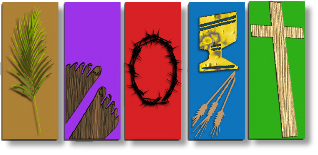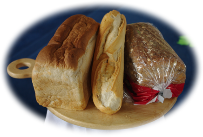
Old English lencten 'spring, Lent', of Germanic origin, related to long (perhaps with reference to the lengthening of the day in spring); now interpreted as being from Lent.

Lent
is the period of six weeks -
Ash Wednesday
begins Lent in western Christian Churches and the period climaxes during Easter Week. We refer to the last week of Lent as Holy Week.
During Lent Christians remember the time when Jesus went into the desert to fast and pray before beginning his work for God. During this time Jesus was tempted several times by Satan, but was able to resist.
Fasting
For Christians, it is one way of remembering the time Jesus fasted in the desert and is a test of self-
Shrove Tuesday
The day before Lent starts is Shrove Tuesday. This is also known as Pancake Day. This day was traditionally the last chance to use up the foods Christians would not be eating during Lent. Today people often give up chocolate or alcohol. Festivities take place in many cities all over the world, including Mardi Gras in New Orleans (USA), Carnival in Rio de Janeiro (Brazil) and Venice (Italy). People dress up, wear masks, parade and dance in the streets.
Ash Wednesday
On Ash Wednesday many western Christian churches hold services during which Christians are marked on the forehead with a cross of ashes. This is a sign of saying sorry to God for any wrong doing (penitence) and mortality.
The ashes come from burning the palm crosses from Palm Sunday of the previous year.
Lent is a time of preparation for Easter, ending in Holy Week.


